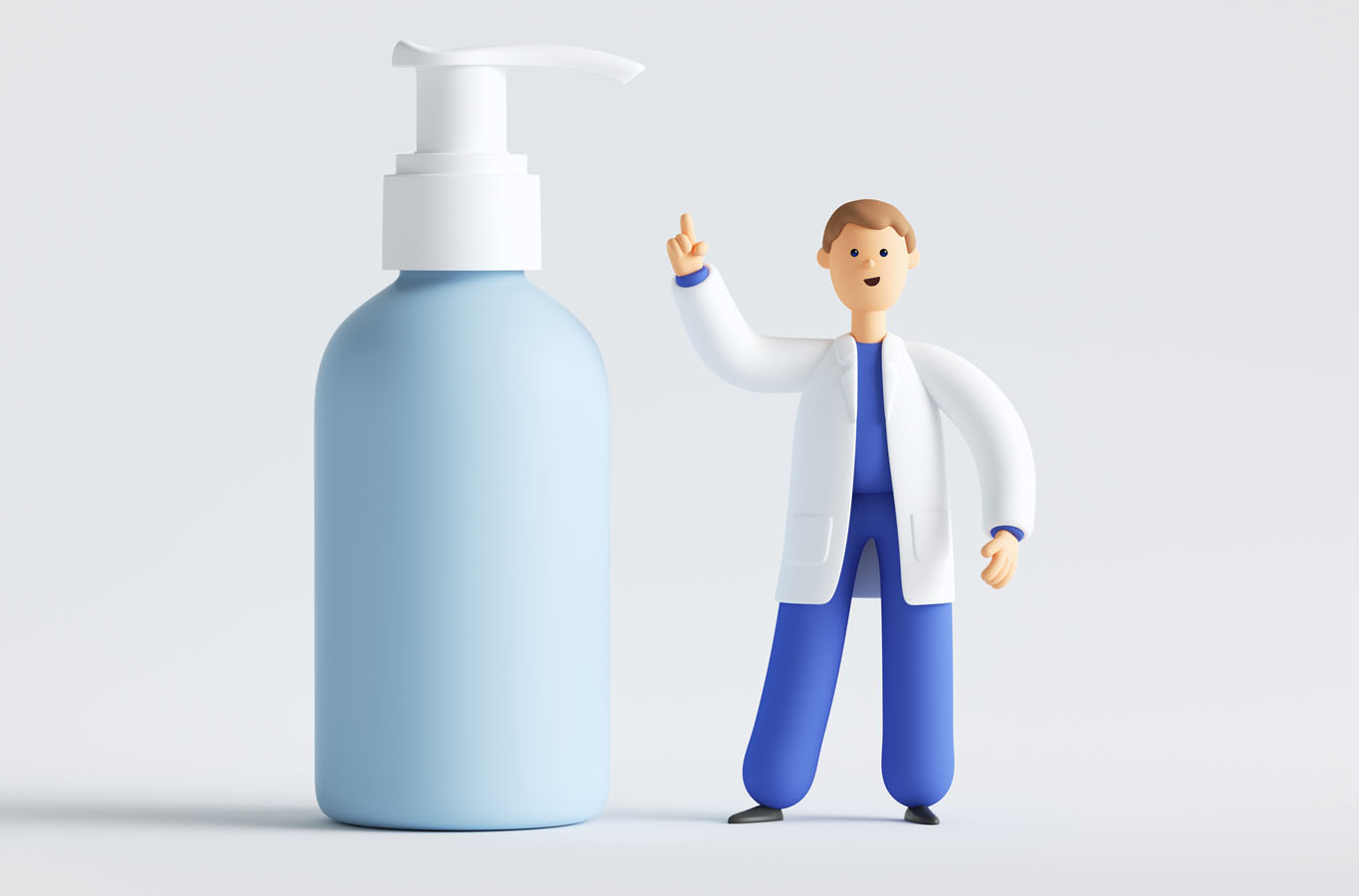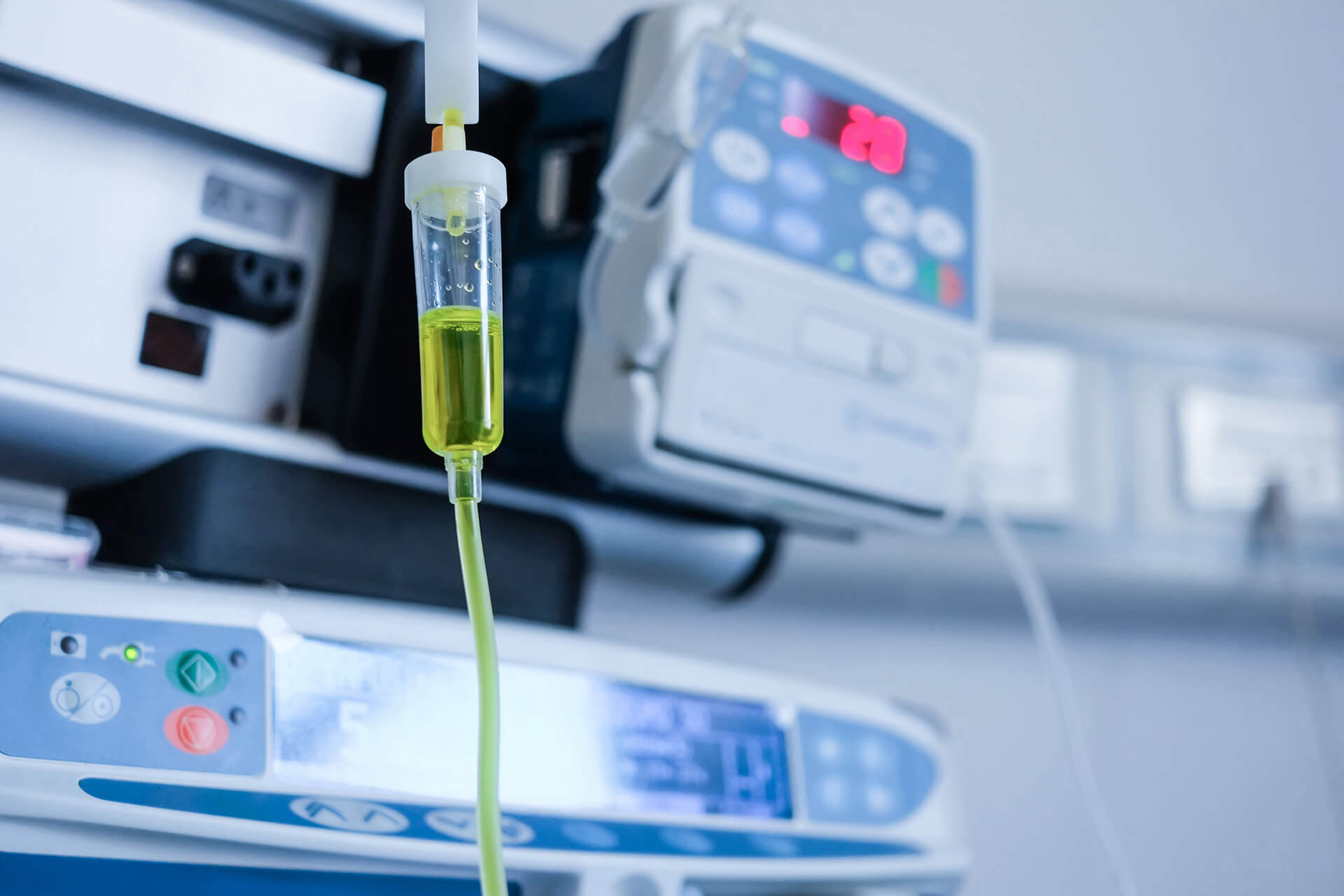
sterility test
Sterility testing is a GMP microbiology testing requirement used to confirm sterile products do not contain viable microorganisms before release and patient administration. Sterility testing methods must be as accurate as possible, due to their importance for medical devices, pharmaceutical products, and formulations, tissue materials, and other products that claim to be sterile or free from viable microorganisms.

Sterility can be defined as the freedom from the presence of viable microorganisms. However, the conditions that guarantee absolute sterility are usually too harsh for active ingredients, and the definition of sterility for a medicinal product must be defined in functional terms.
In pharmaceutical practice, a container is defined as sterile when the probability is less than one out of one million that it is contaminated with replicating microorganisms. Because it is not possible to open and test each container of a biological medicinal product, a number of samples, representative of the lot being tested and taken at different times during the filling operation, must be used to monitor sterility. This implies that when only a few non-sterile containers exist in a very large set of homogeneous containers the probability of detecting a non-sterile container is relatively low. For this reason sterility testing uses methods with broad sensitivity, normally incubation of samples in growth media promoting growth across a wide range of microorganisms where replication can be detected visually.
Sterility also relies on procedural measures that effectively prevent contamination of biological materials, such as clean room technology and other Good Manufacturing Practices. Tests for viral contaminants, which are normally specified in individual product requirements, are more complex and costly. The WHO sterility testing guidelines are applicable across a wide range of biological medicinal products including vaccines, blood products, biotechnology products, and cell and tissue products.
In recent years, advances have been made in molecular methods such as nucleic acid amplification techniques (NAT). Although broad general tests are preferable for detecting unknown contaminants, some selected viruses may be screened by using NAT assays. In addition, this technology, alone or in combination with cell culture, with an appropriate detection method, might be used as an alternative to one or both of the compendial mycoplasma detection methods after suitable validation and agreement of the national regulatory authority.

What are the tests for sterility?
Direct Inoculation and Membrane Filtration Methods. Sterility testing is required to ensure viable contaminating microorganisms are not evident in a product. This testing is conducted by direct inoculation or membrane filtration methods and can be performed in an isolator or cleanroom environment.

Sterility can be defined as the freedom from the presence of viable microorganisms. However, the conditions that guarantee absolute sterility are usually too harsh for active ingredients, and the definition of sterility for a medicinal product must be defined in functional terms.

Microbiology Testing Solutions for Your Industry
Celltechgen Lab provides various and reliable microbiological lab testing services for the safety and effectiveness of your pharmaceutical, biopharmaceutical, or medical device product. By complying with GMP compliance and industry standards, our experienced professionals focus on accuracy in every microbiology test we perform, and offer unique solutions in accordance to USP/NF, EP, JP, and customized methodologies, meeting your unique testing needs.







